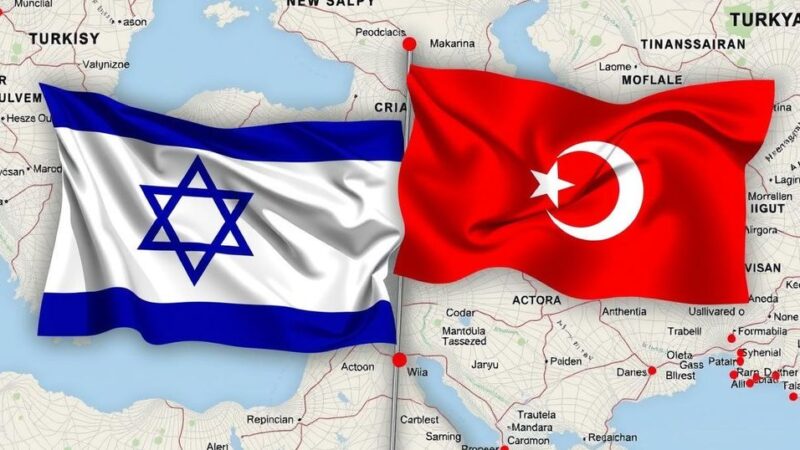A ceasefire between Israel and Hezbollah has been established, effective from 04:00 local time, to end over a year of conflict. The agreement was brokered by Israel, the U.S., and France and includes the phased withdrawal of troops and the aim to restore stability in the region, amidst ongoing tensions and hostilities up to the ceasefire’s start.
A ceasefire between Israel and Hezbollah has officially commenced, concluding over a year of intense conflict. The ceasefire took effect at 04:00 local time on Wednesday and aims to halt hostilities that resulted in significant devastation and loss of life. The agreement, announced by Israel, France, and the United States, involves a phased withdrawal of Israeli troops from southern Lebanon, alongside the removal of Hezbollah’s fighters and arms from the region.
Despite the official ceasefire, attacks from both sides continued until the last moment. Israel had issued evacuation orders in parts of Beirut shortly before the ceasefire began and conducted strikes just before the deadline. In retaliation, Hezbollah launched drones towards Israel, intensifying tensions. The ceasefire is heralded as a critical step toward long-term stability and allows displaced residents to return home safely.
The deal stipulates that Israel will withdraw its forces over a 60-day period, while Hezbollah’s presence will also be scaled back. A joint statement from the U.S. and France expressed optimism that the ceasefire would facilitate lasting calm. Lebanon’s Prime Minister Najib Mikati described the agreement as a vital move toward restoring peace, although he urged strict adherence to the conditions by Israel.
Israel’s Prime Minister Benjamin Netanyahu emphasized that military action would ensue if Hezbollah violated any terms, reaffirming Israel’s right to self-defense under international law. Polls indicate that public sentiment in Israel is mixed regarding the ceasefire, underscoring domestic divisions on the issue.
Notably, the conflict’s escalation can be traced back to a provocation initiated by Hezbollah following a deadly attack in Israel by Hamas in October 2023. Netanyahu indicated that reducing hostilities with Hezbollah would exert additional pressure on Hamas, isolating it further. The recent violence has exacerbated humanitarian crises in Lebanon, displacing a significant portion of its population and leading to thousands of casualties. The hope remains that the ceasefire could offer momentum for resolving the ongoing issues in Gaza as well.
The conflict between Israel and Hezbollah has underscored the fragility of peace in the region, with the ceasefire potentially serving as a temporary relief from intensified hostilities. Effective enforcement and compliance by both parties will be paramount in achieving enduring stability and security in the area.
The ceasefire agreement between Israel and Hezbollah represents a significant attempt to end nearly 14 months of conflict marked by escalating tensions and military confrontations. Initiated against a backdrop of heightened violence and political instability, the ceasefire agreement is a product of negotiations involving international stakeholders, namely the United States and France. The conflict has led to substantial loss of life, displacement of civilians, and destruction of infrastructure in Lebanon, thus making the establishment of a ceasefire of critical importance.
In summary, the ceasefire between Israel and Hezbollah marks a pivotal moment in a prolonged conflict characterized by severe repercussions for both nations. The terms of the ceasefire aim to not only cease hostilities but also to facilitate the gradual withdrawal of troops and the restoration of stability in the region. However, adherence to the conditions outlined in the agreement, along with international support for monitoring compliance, will be essential to ensure that this ceasefire transitions into a lasting peace.
Original Source: www.bbc.com







